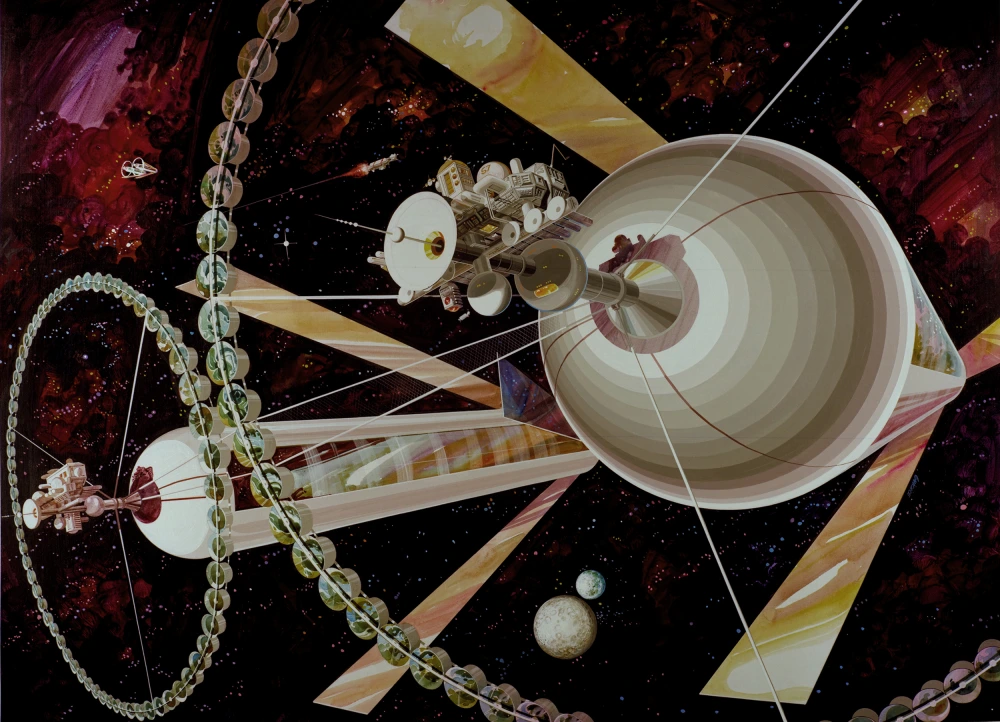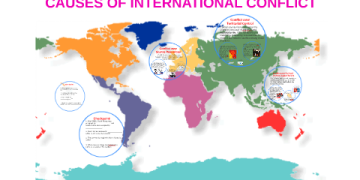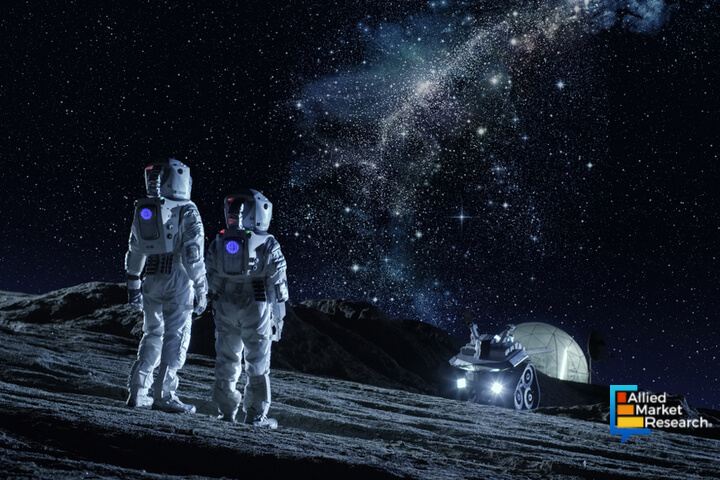Abstract
Humanity has always looked at the stars with both wonder and ambition. In the 21st century, advances in space exploration and private aerospace industries have transformed dreams of colonizing other planets into tangible research and policy discussions. This article examines the promises and perils of human space colonization. It considers the motivations driving the pursuit—scientific discovery, survival of humanity, technological innovation, and economic potential—while also highlighting the challenges such as ethical dilemmas, environmental risks, technological barriers, and geopolitical rivalries. By exploring historical precedents, contemporary space programs, and future possibilities, the study offers a comprehensive understanding of space colonization as both a hopeful vision and a profound challenge for humankind.
Introduction
The desire to leave Earth is not new. Ancient mythologies often envisioned voyages to the heavens, while the 20th century brought space exploration into reality with the launch of Sputnik (1957) and the Apollo moon landings (1969–1972). Today, private companies like SpaceX, Blue Origin, and international agencies such as NASA, ESA, and CNSA have revitalized discussions about establishing human settlements on the Moon, Mars, and beyond.
Yet space colonization is not merely about exploration; it represents a fundamental question: can humanity survive beyond Earth, and should it? The following sections analyze the promises and perils of such an endeavor.
I. The Promises of Space Colonization
1. Ensuring the Survival of Humanity
- Earth faces existential risks: climate change, pandemics, nuclear war, or asteroid impacts.
- Space colonization offers a “backup” for human civilization.
- Thinkers like Stephen Hawking argued that humanity must become a multi-planetary species to survive long-term.
2. Scientific Discovery and Knowledge Expansion
- Colonies on Mars or the Moon would provide unique research environments.
- Potential to study extraterrestrial geology, search for life, and expand astrophysical knowledge.
- Settlements could serve as hubs for deep-space exploration.
3. Economic and Technological Innovation
- Space mining could provide access to rare minerals and resources.
- Technological advancements in energy, robotics, and life-support systems could have spillover benefits for Earth.
- Private companies see space colonization as the next frontier of economic growth.
4. Cultural and Psychological Significance
- Humanity’s expansion into space reflects a new era of exploration akin to the Age of Discovery.
- Colonization would inspire global unity and foster a new cultural imagination.
II. The Perils of Space Colonization
1. Technological Barriers
- Sustaining human life on Mars or the Moon requires advances in radiation protection, closed-loop ecosystems, and sustainable food production.
- Current space travel times (e.g., six months to Mars) pose major health risks, including muscle atrophy and radiation exposure.
2. Ethical Dilemmas
- Should resources be devoted to space colonization while billions on Earth face poverty, inequality, and climate crises?
- Who gets to decide who leaves Earth and who stays behind?
- Concerns about reproducing colonial exploitation in space: treating celestial bodies as territories for conquest.
3. Environmental Risks
- Human settlements could contaminate extraterrestrial ecosystems, potentially destroying alien life forms before they are discovered.
- Space debris from increasing launches threatens both Earth’s orbit and interplanetary travel.
4. Geopolitical Rivalries
- Space colonization could become another arena of global conflict.
- Nations may compete for lunar resources or Martian territories.
- The lack of comprehensive space law raises the risk of militarization.

III. Historical Precedents and Lessons
1. Colonization on Earth
- Human history shows that colonization often involved exploitation, displacement, and inequality.
- Lessons from colonial history warn against repeating patterns of domination in outer space.
2. Antarctic Research Stations as a Model
- The Antarctic Treaty System provides a precedent for international cooperation and peaceful scientific exploration.
- Could serve as a framework for future space governance.
IV. Contemporary Programs and Visions
1. NASA’s Artemis Program
- Aims to return humans to the Moon by the mid-2020s.
- Long-term vision includes lunar bases as stepping stones to Mars.
2. SpaceX and Private Industry
- Elon Musk’s vision: building a self-sustaining city on Mars.
- SpaceX develops reusable rockets (Falcon 9, Starship) to make space travel economically feasible.
3. China’s Lunar Ambitions
- Plans for a lunar research base by the 2030s.
- Collaboration with Russia and other nations.
4. International Collaboration
- Projects like the International Space Station demonstrate the feasibility of multinational efforts.
- Future colonization efforts may require global partnerships rather than unilateral ambitions.
V. Critical Reflections
The “Backup Civilization” Myth
While appealing, the idea that colonies could save humanity from extinction may be unrealistic in the near term. A thriving colony requires decades, if not centuries, to develop. Protecting Earth remains the more immediate priority.
The Inequality Problem
Space colonization risks becoming the domain of wealthy nations and billionaires. Without inclusive governance, it could reinforce global inequalities.
Cultural Shifts
Human identity may evolve as “Martian” or “Lunar” identities emerge. This raises profound philosophical questions about what it means to be human beyond Earth.
Conclusion
Space colonization embodies both humanity’s greatest hopes and deepest challenges. It promises survival, knowledge, innovation, and cultural renewal. Yet it also entails technological barriers, ethical dilemmas, environmental risks, and geopolitical tensions.
The article concludes that space colonization should not be seen as an escape from Earth’s problems but as a complementary endeavor. Humanity’s first duty remains preserving our home planet. However, carefully managed and ethically guided colonization efforts may serve as a bold step toward a future where humanity truly becomes a multi-planetary species.
The path beyond Earth is both perilous and promising—whether it leads to utopia or dystopia depends on the choices humanity makes today.
















































